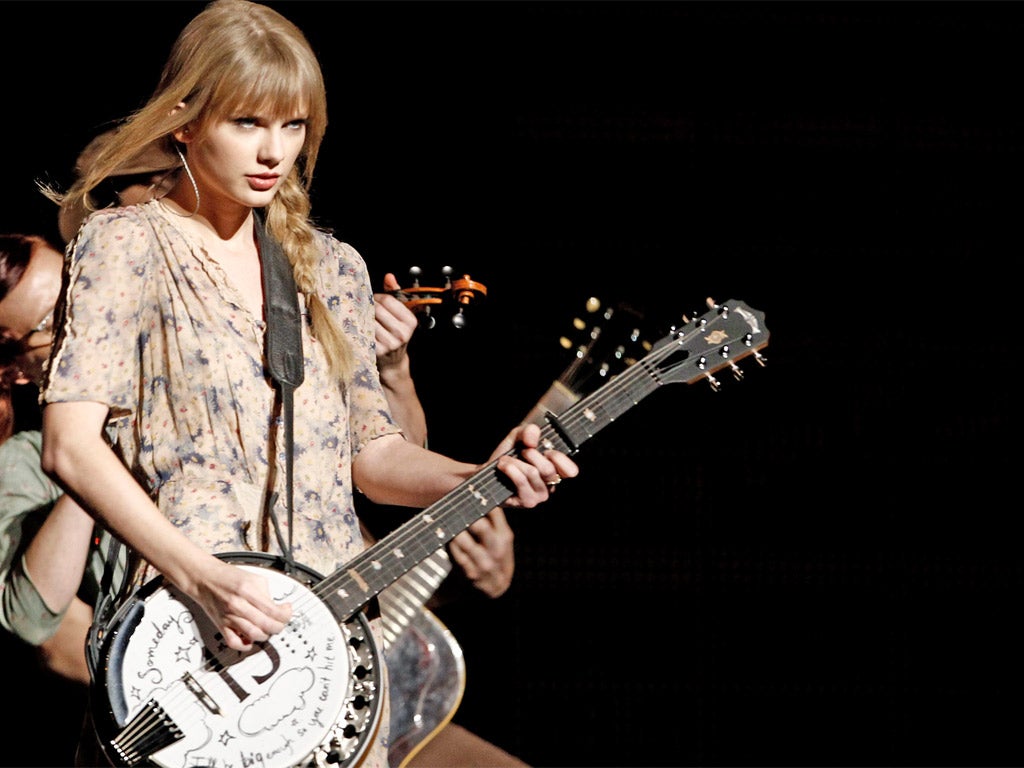Why does today's pop music sound the same? Because the same people make it
Experimentation is being pushed to the margins as labels rely on successful producers

Pop music is in trouble – it all sounds the same and people will do just about anything to avoid having to pay for it. Long gone are the days of Top of the Pops (and Jimmy Savile), instead replaced with 24-hour music TV and YouTube. We’re also waving goodbye to the traditional singer-songwriter and bands who write their own material - the assistance of successful co-writers and producers being too lucrative to ignore. With Universal’s bid to take over EMI approved by the European Commission, music is also fast becoming a monopolised business.
Universal will soon welcome to its label EMI names including The Beatles, David Bowie and Coldplay, in total acquiring close to two thirds of all recording artists signed to EMI since it began in 1972.
They’ll join Universal’s stellar roster which already includes the likes of Rihanna and U2. Not satisfied with one industry shake-up alone, Universal has also recently secured a music distribution deal with UK high street clothing retailer Primark .
The venture, which will begin as a trial in selected stores, will enable customers to buy some of Universal’s best-selling albums in Primark stores nationwide. Although digital music sales continue to grow, physical album sales still account for the majority of albums sold in the UK this year. The consequences of the venture, were it to be a commercial success, could be significant as Primark has more UK stores than market leader HMV; 242 to HMV’s 220.
‘Pop’ originated from the rock ‘n’ roll of the 1950s but typically refers to chart-friendly music. A pop single tends to be between three and five minutes in length, and they have long been built around a golden formula of hook and big chorus.
But the music sitting at the top of the charts today shows signs of unusual conformity, and with reason - it’s all written by the same people; the same few people, in fact. The majority of hit singles are written by producers who know what they’re doing and who have done it, successfully, before.
Overlap
For Taylor Swift’s new album RED, for example, a host of co-writers were brought in to develop Swift’s sound. Adele’s ‘Set Fire to the Rain’ was co-written by Fraser T Smith who also worked on James Morrison’s ‘Broken Strings’ and Taio Cruz’s ‘Break Your Heart’, and who has in the past worked with Britney, Kylie, Leona Lewis, Keane and Ellie Goulding. Then there’s Greg Kurstin who wrote Kelly Clarkson’s ‘Stronger (What Doesn’t Kill You)’ and who had previously won three Ivor Novello awards for his work with Lily Allen (now Lily Rose Cooper). 90s-pop-star-turned-songwriter Cathy Dennis has written 8 UK number ones including S Club 7’s ‘Never Had a Dream Come True’ and ‘Have You Ever’, Katy Perry’s ‘I Kissed a Girl’, Britney’s ‘Toxic’ and Kylie Minogue’s ‘Can’t Get You Out of My Head’.
It should come as no surprise, then, that three of the most commercially successful songs this year (Taylor Swift’s ‘We Are Never Ever Getting Back Together’, Maroon 5’s ‘Payphone’ and Katy Perry’s ‘Part of Me’) were all written by the same group of people. Maratone, a Swedish music production company formed in 2001, comprises Max Martin, Alexandra and Shellback; a group of musicians who, if they wanted to, could take credit for the careers of most household names in pop in the past decade. In 2010 they collaborated with songwriter and producer Dr Luke on Katy Perry’s record-breaking album Teenage Dream which became the second record in history (after Michael Jackson’s Bad) to produce five US number ones.
It all sounds the same because, when you’re in an industry which is in trouble and you find something that actually works, you stick to it. Co-writers provide the modern-day music industry with the financial crutch it needs; after all, it’s the hits that keep the lights on.
Join our commenting forum
Join thought-provoking conversations, follow other Independent readers and see their replies
Comments
Bookmark popover
Removed from bookmarks